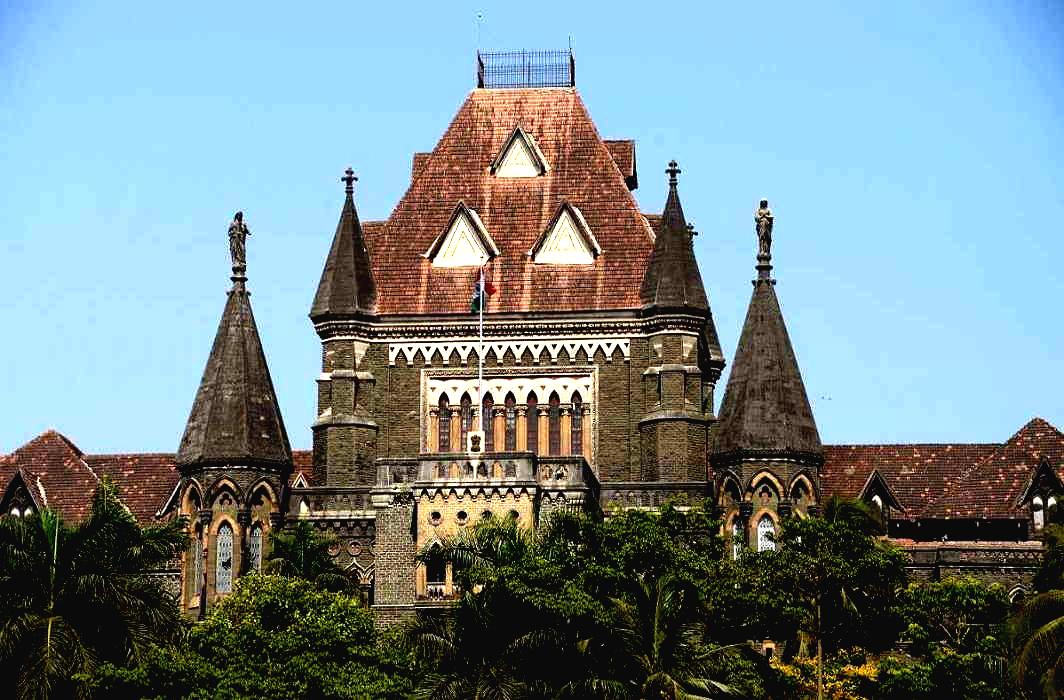In WRIT PETITION NO.8341 OF 2021- If particular field is not governed by statute or rules, then State Government has powers under Article 162 of Constitution to frame policy: Bombay HC Justices S.V. Ganagapurwala & M. G. Sewlikar [09-06-2022]

Read Order: ANANTA LANDMARKS PRIVATE LIMITED V. STATE OF MAHARASHTRA AND ORS
Mansimran Kaur
Mumbai, June 24, 2022: The Bombay High Court has opined that the State certainly can frame the policy by exercising its executive powers under Article 162 of the Constitution of India. The only restriction is that the policy should not be against the provisions of the statue or the rules.
By observing that the Maharashtra Land Revenue (Conversion Of Occupancy Class-II And Leasehold Lands Into Occupancy Class-I) Rules, 2019 framed by the State Government itself permit transfer of the land and change of user, of course, subject to development plan, regional plan or development control regulations, the Division bench of Justice S.V. Ganagapurwala and Justice M. G. Sewlikar quashed the impugned order issued by District Collector of Thane (Second respondent) whereby the application instituted by the petitioner for conversion of occupancy from Class-II to Occupancy Class- I of the writ land was rejected
Relevant facts that lead to filing of the present writ petition were that the State of Maharashtra (first respondent) acquired an area of 1, 89,680 sq. mtrs of the lands under the provisions of Part VII of the Land Acquisition Act, 1894. Upon the request of the predecessor-in-title of the petitioner, the State of Maharashtra granted an area of 10,900 sq. mtrs, under the provisions of Maharashtra Land Revenue Code. Sanad under Section 44 of the Maharashtra Land Revenue Code to the predecessor-in-title of the petitioner.
The writ lands were acquired for the benefit of the predecessor- in title to run the Industry. It was the case of the petitioner that the predecessor- in title used the said lands for industrial purposes for about 50- 60 years. To cope up with the needs of the urban population, the State Government came up with a policy regarding sale or change of use of lands acquired for industrial purposes under Part VII of the Act, 1894 and to permit such lands for residential/commercial use. The petitioner stated that the State of Maharashtra permitted the predecessor – in title of the petitioner to transfer the writ lands to the petitioner upon payment of requisite premium.
However, according to petitioner the lands that were permitted to be transferred to him were Occupancy- II lands. In pursuance of the same, the petitioner preferred an application for conversion of the Occupancy Class -II lands into Class – I lands as per the the Maharashtra Land Revenue Rules , 2019 .
After going through the submissions of the parties, the Court observed that the issue of dispute that was posed for consideration was whether the Conversion Rules, 2019 framed by the State of Maharashtra exercising its power under Section 328 read with Section 29 of the Maharashtra Land Revenue Code would apply to the land transferred to the petitioner under the permissions dated November 17, 2009 and August 21, 2010.
The Court stated that once the land was transferred for using the same as commercial/ residential purpose, the purpose distinct and separate than the purpose for which it was acquired then it would be improper and irrational upon the respondents to insist on the restriction for the transfer of the land and that to be used for industrial purpose only, stated the Court. Once the land would vest with the company subject to the provisions of Bombay Land Revenue Code, 1879, then certainly the provisions of the Land Revenue Code will have to be applied and also complied with, observed the Bench.
The Bench also noted, “If the particular field is not governed by the statute and or the rules then the State Government has powers under Article 162 of the Constitution of India to frame the policy. It appears that pursuant thereto, the State Government has framed a policy permitting transfer and change of user of the lands acquired under Part VII of the Act, 1894 pursuant to G.R. dated 11.01.2018.”
Another reason the Court noted for applicability of the conversion rules was that under the rules framed by the Central Government i.e. Rules 1963, the appropriate government was given powers to permit transfer of the land. The appropriate government exercising its powers, under order August 21, 2010 permitted transfer of the said land and allowed commercial / residential use of the said land. Additionally, the Court also noted that the Rules, 2019 framed by the State Government permitted transfer of the land and change of user, of course, subject to development plan, regional plan or development control regulations, opined the Court.
Thus, quashing the impugned order and communication, the Bench directed that the Respondent authority shall treat the land as Occupancy Class II land and may charge the conversion premium considering the valuation of the property and the premium payable as on the date the application was filed by the Petitioner complete in all respects.
Sign up for our weekly newsletter to stay up to date on our product, events featured blog, special offer and all of the exciting things that take place here at Legitquest.




Add a Comment